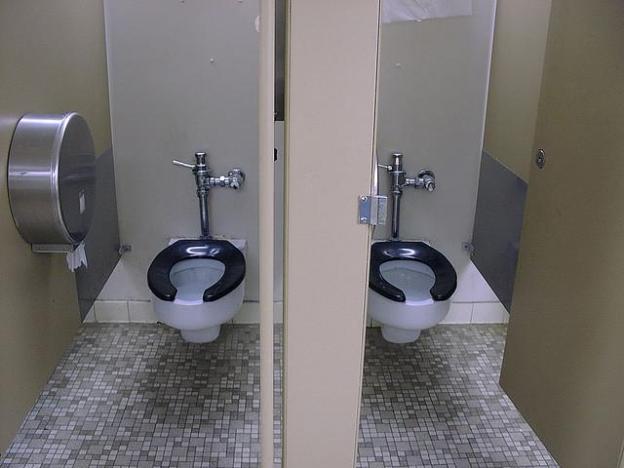
We know what you’re thinking: That headline is super gross. But hey, it’s true! According to an Israeli recycling company, human excrements can be a source of producing paper products.
“We’ve actually discovered a new source of paper,” says Rafael Aharon, founder and CEO of Applied Clean Tech. “A real good source if you collect it from the point we do, the point before the biological processes of the wastewater treatment plant destroy it.”
At what point is Aharon referring to? If you must know, the company uses matter that is at least 60 percent cellulose to maintain enough elasticity to convert the matter into a new solid compound. Applied Clean Tech has been placing sewer pulp under the grounds of various parts of the country to source fecal matter. And while most will cringe at the idea that the tissues we’re wiping our faces with or the envelopes we’re licking closed were previously human dumps, Aharon ensures the company’s method of recycling is clean and completely safe.
Paper consumption is obviously at an all time high; We are taught in school all the time how millions of trees are chopped down every year to create paper and how this is bad for the environment since we need trees for clean air. Although there are a plethora of paper recycling alternatives, this is by far the most original but disturbing way. Still, Aharon believes that if people just trust that the paper is perfectly clean and goes along with the plan, they could contribute to truly saving the environment one bathroom break at a time.
“After crunching the numbers, Aharon estimates that recycled toilet paper, and every other solid matter that gets flushed down the drain, can serve the needs of 10 percent of the market,” ISRAEL21C news service reports. “That’s huge news for the paper industry, especially if people will agree to use envelopes, paper and possibly food packaging that was once in someone else’s toilet.”
Applied Clean Tech has already begun plans to expand its wastewater treatment facilities abroad, and is currently in negotiations with locations in Western Europe and the United States. It also wants to continue activities in China, which is also building 1,000 wastewater treatment plants.
“Countries like India and Thailand, where the people use a hand-wash method, aren’t the right kind of places to develop recycled toilet paper,” Aharon says. “But more analysis needs to be done on which countries do in fact have the highest amount of cellulose going to the wastewater treatment plants.”
Even if the wastewater treatment plants make it to the states, the hard part definitely isn’t to get people to donate their excrement or eat well enough to give matters that are high in cellulose. One line from Aharon explains it all.
“It’s a psychological issue that I am aware of.”
Image Credit: Flickr / nats


